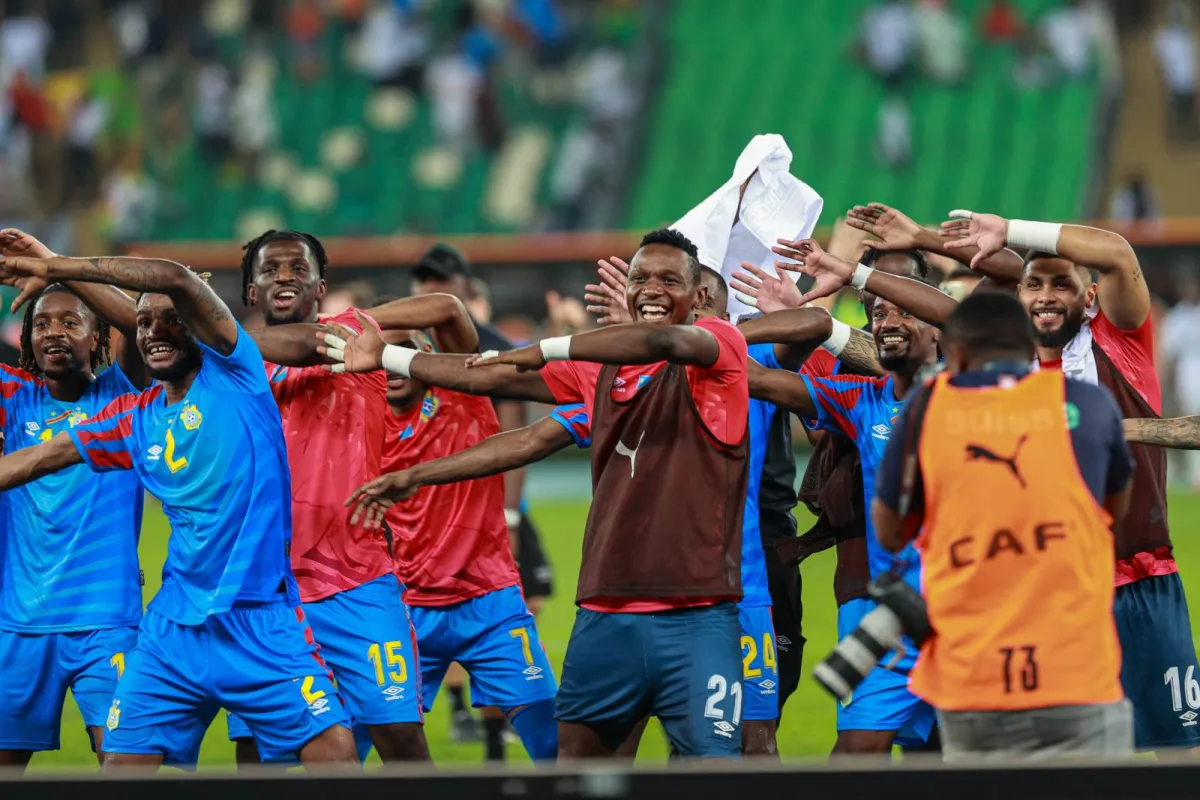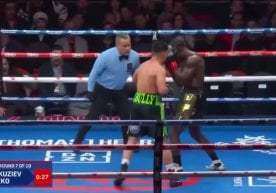Nigeria Misses Out on World Cup Amid Witchcraft Allegations

Victor Osimhen is valued at 75 million euros. Ademola Lookman plays in Serie A.
Wilfred Ndidi and Alex Iwobi carry their respective clubs on their shoulders. Yet, these stars are faced with the reality of watching the World Cup from home once again.
For the second consecutive time. But why?
Nigeria lost in a penalty shootout to DR Congo. What makes it intriguing is reports that someone on the opposing team's bench was engaged in "witchcraft" during the penalties.
This is not a joke. Nigeria national team coach Erik Shell, in a post-match interview with ESPN, claimed that an individual from the opposing bench was waving hands, sprinkling water, and performing rituals during the penalties.
The coach was so infuriated by the situation that it almost led to a clash with the opposing staff. As a result, Nigeria missed three penalties, while DR Congo converted four.
A 4-3 defeat ended Nigeria's World Cup dreams in Rabat. Shell asserted that "witchcraft" was to blame.
However, looking at the broader context, other issues were evident. Prior to the game, the Nigerian Football Federation failed to pay the players' salaries, which led the team to boycott training sessions.
Entering the crucial match amid internal disputes and discontent, the team was psychologically weakened. DR Congo, on the other hand, prepared with strong motivation.
Their football federation promised each player a one-million-dollar bonus for qualifying for the World Cup. The country last competed in the tournament in 1974, and the chance to break a nearly 50-year drought gave them additional energy.
Additionally, they defeated Cameroon in the semifinals with a goal during extra time. Motivated and confident, they emerged victorious in Rabat.
Shell, meanwhile, told reporters about the "witchcraft" and pointed to the actions of the person on the opposition's bench. However, such explanations don't account for missing three penalties or Victor Osimhen, a star player, failing to score a decisive goal.
Among African footballers, belief in voodoo and witchcraft is deeply rooted. This is not just a tourist folkloric tale but part of the culture.
Many teams travel with shamans, perform various rituals, and trust in amulets. Such practices can have a psychological impact on players.
A player stepping up to take a penalty might see the actions on the opposing bench and subconsciously think, "What if the magic is real?" This split-second doubt can result in the ball missing the target.
With this victory, the DR Congo team advanced to the intercontinental playoff. For the first time in nearly half a century, they have a chance to qualify for the World Cup.
Embarking on this journey with reward promises, belief in fortune, and rituals, they are edging closer to their dream. Meanwhile, Nigeria is left without a World Cup appearance once again.
Shell, however, attributes the defeat not to internal issues or the pressure on star players, but to witchcraft. Yet the reality is, had Nigeria won, no one would be talking about voodoo.






















